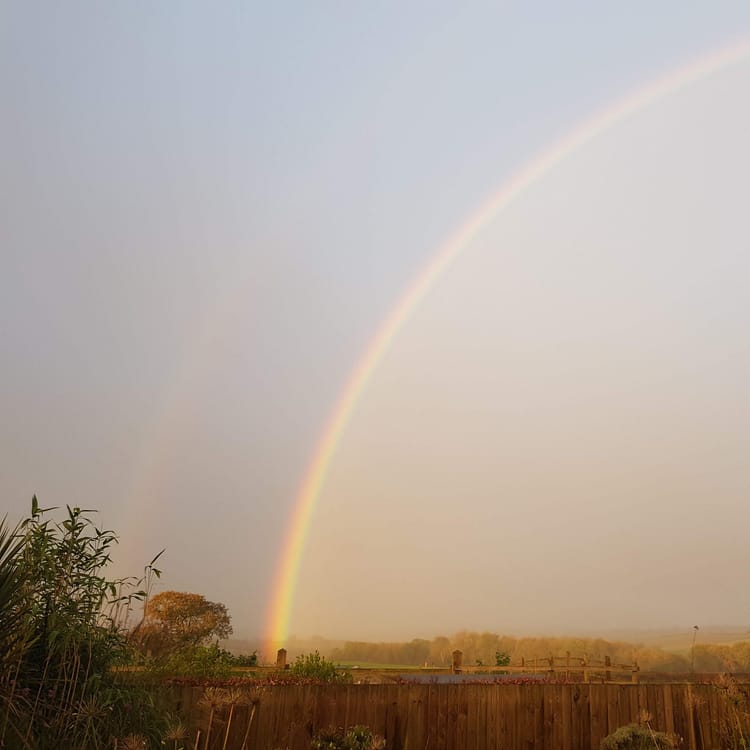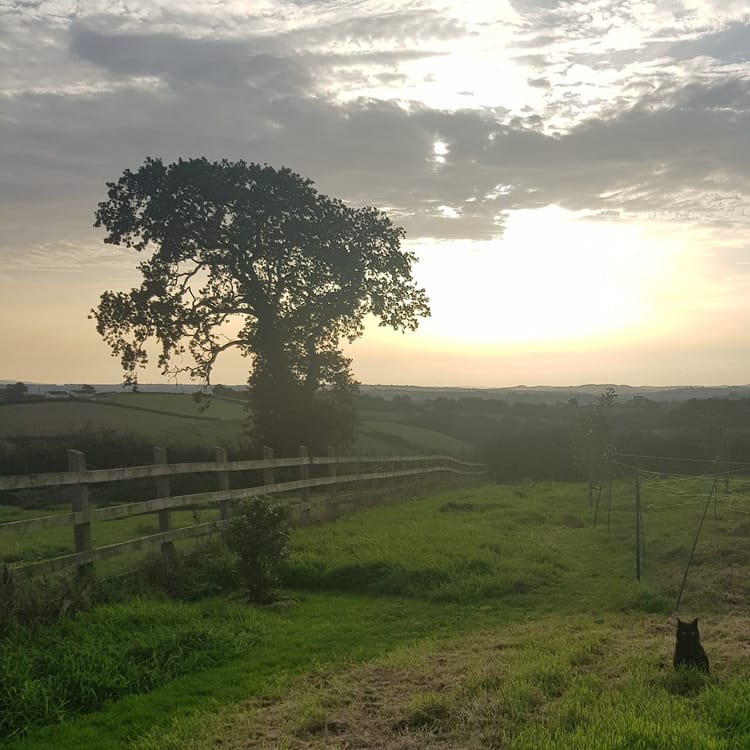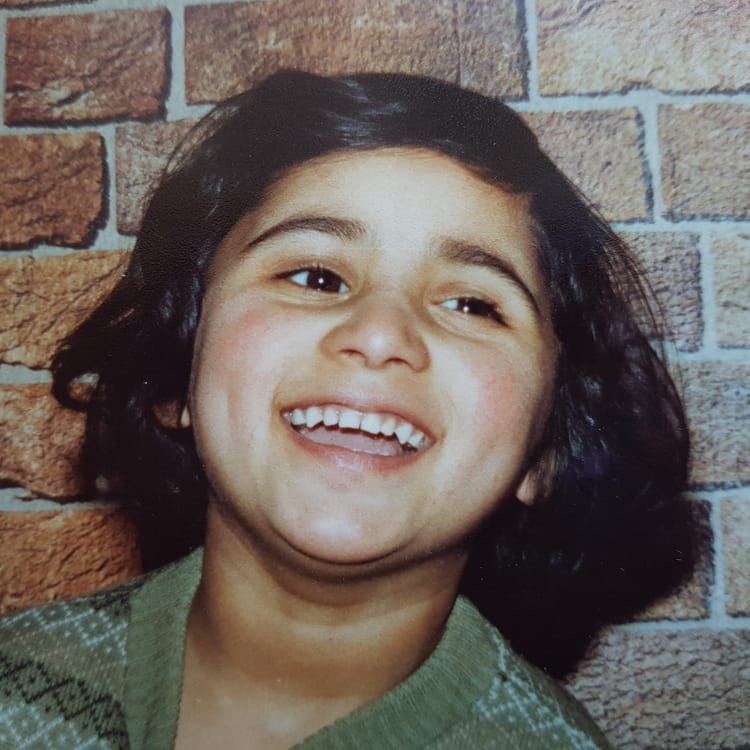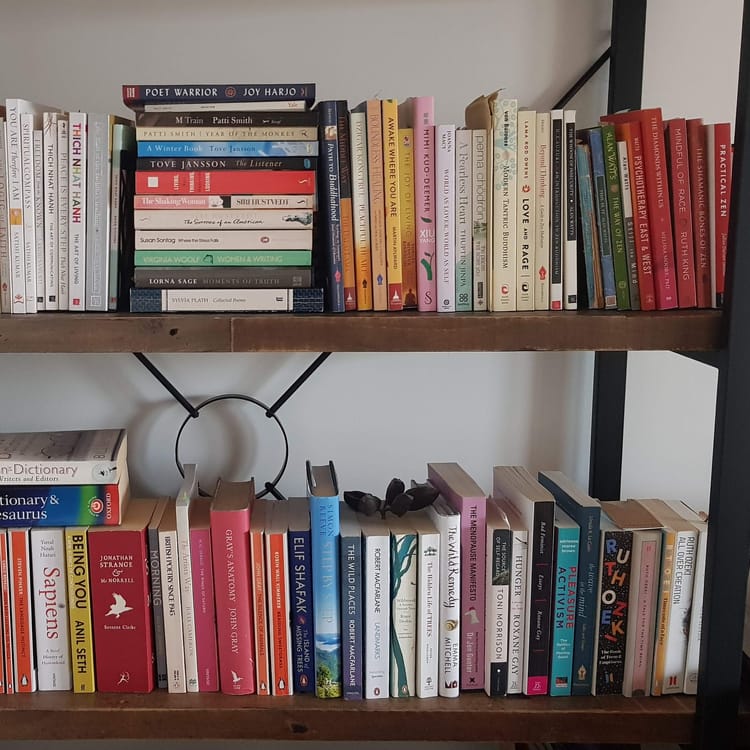Reading, not writing

We read because we want to know what other people think. Do we? I do. Sometimes. Oftentimes. I want to see, experience, witness and be moved by the words of another. I want to know, to feel and to learn. To be inspired, elevated, provoked, to pivot or escape my own thoughts and enter the words and worlds of others.
In a moment of searching for one thing and being gladly distracted by another, I rediscovered Ursula L Guin's 'The Wave in the Mind' on a bookshelf I rarely encounter these days, because it's in a room I no longer frequent since my partner occupied it as his office, leaving rows of my friends abandoned to dust and another day which now, arrives.
I turn to Le Guin's piece on 'The Writer on, and at, Her Work' and am disappointed to find it's a poem. I confess I don't always linger over words in a way they deserve, in a way that reading for the sake of reading deserves. Perhaps because the purpose I attend to them can, at times like these, be tarnished by an unhealthy though arguably unavoidable writerly desire to know the secret to good writing, which diminishes the experience such that it becomes a process of gulping rather than tasting.
I'm ashamed to say there are times when I don't have the patience for poetry. Often because I've overfilled my mind with content, and the lack of room for more not less, the resulting lack of space, forces a tense squeeze rather than what would do me good, which is an emptying out through a sigh or a wail.
I want to know how Le Guin is at her work, I want the answer that is promised in the title, and she's making me wait, asking me to experience what she describes in the space between the words, when I have the audacity to want it spelled out in plain prose. I turned to her because she appeared and I projected the fulfillment of a desire, because I felt she might fill the hole I'm feeling as the absence of my own coherence in the pieces I'm not currently writing as I know I should.
The unrequited gift of attention
Poetry makes us pause, asks us to linger longer rather than run along the rows of sentences, across paragraphs and pages towards an end. There is no end in poetry, because poems are like portals into feeling for ourselves. So when Le Guin asks me to listen, to suspend expectation, to notice form and space, when what I crave in this moment of overstimulated confusion and unmotivated procrastination is solidity, not expanse, I am annoyed at myself.
So much of what we get from reading depends on why we go where we do and why we turn to whom we do. Le Guin is artful and wise, sharp and honest, confidently herself and rich in knowledge and articulation. I seek that. I aspire to that. I am humbled by her in my comparable deficiencies. She gives me an anchor when my mind is scrambling.
The page insults me with the confrontation of my impatience. I want to respect the work. The effort of writing. Deep down, the wise part of my mind wants to hover in between the lines, to feel the feelings being conjured by the pen of the poet. And yet. I'm in a pointless rush.
I remember Zadie Smith once saying that when a writer has gone to the trouble of writing, the least the reader can do is read. Pay attention. Return the gift of words with some attention. I do that. I ask for that. I wish for that. I agree with Zadie Smith on that. Equally, that's a biased opinion. We writers would say that, wouldn't we? How precocious. How demanding. What a recipe for disappointment.
Who are any of us to expect a particular response, to command attention, to request something to a degree of tending that is determined by states of living and being and thinking in the minds of others that lie beyond our comprehension? The response is out of our control once we've done our bit to maybe, if our work is "successful" in so far that it stimulates a connection, fire a spark.
Care for the art, not the reward
The 59th phrase in the Tibetan mind training slogans (known as Lojong), which encourage us to practice our way of relating to the world and all sentient beings from a place of open heartedness, says, "do not expect applause". The teaching is to let the act of generosity be enough in and of itself. There should be no strings attached to what we do or how much we give. To sully the act with any other intention is to banish ourselves to constant disappointment, to become "neurotically entangled," as Dzigar Kongtrul describes it in ‘The Intelligent Heart’.
I notice Seth Godin says the same in 'The Icarus Deception' - accept applause but don’t expect it - another of the too-many books I have on the go that are feeding the insatiable hunger of a wanting mind. I wonder where he got that idea from; from the Tibetan teachings or from his work with creative folks, who he asserts are the next generation that need to rise up if we're to save ourselves from the metaphorical, metaphysical and physical pits of capitalism? My words, not his. Though prompted by his as part of the simultaneously paralysing and inspiring reflection that I must keep going and write.
That's what words do. The words of others, they prompt us onward.
To read, then, is to care for a glimpse of a sense of something beyond our view, or depending on why we turn to any particular page, to amplify and bloat the view we already have. The latter is not so noble but it's honest. And either way, words can move us deeply - if we care to ingest them with care. Otherwise it's in one ear and out the other. Through one portal and out without digestion.
To write, and to read, from this writer's point of view, is to care for the craft and the subject (in intention, if not always met by action, as this hasty encounter with Le Guin). To point or follow a finger to the moon that catches our eye and triggers a yearning to want someone else to feel and see what we see too. And yet:
since feeling is first
who pays any attention
to the syntax of things
will never wholly kiss you
These lines of poetry that have stayed with me for decades now, from ee cummings, whose words sat on the wall of my childhood bedroom for many years, feeding the desire to reach and weave and paint a picture with words.
I would linger over that poem, reading it again and again, turning the words over in my mouth and in my mind, wondering over the romanticism of life between and beneath the descriptions we give it, the transcendent experience beyond the one we have in prose and practical living.
Wondering deeply with no end
I was besotted with Sylvia Plath for similar reasons, moved by the ceaseless devotion she maintained to the life of the spirit and the mind in spite of, and perhaps because of (or so I imagined in my quest for relating and seeking the same) the mental anguish that eventually stopped her short. Later it was WS Merwin and his invitation to see gardens at dawn and in the moonlight, free of human fetters yet infused with anthropomorphic touch. And the pithy chapters of the Tao Te Ching have been a lifelong companion, saying more with less just as I am grateful the Dhammapadda does.
There are days I'll begin with such verses, contemplating, wondering deeply, sitting without a sense of how much time I have and only with what is before me.
And there are hours when only prose will do, to wrestle my attention and pull me in, the power of books being such that they can both ground and elevate as the oscillations of the spirit demand.
I recently found myself chastising myself, like a rider yanking at the reins of an unruly horse, when reading Ruth Ozeki's ‘A Tale for the Time Being’, a book so exquisitely full of detail worth lingering over and tasting deeply and yet in spite of the reverence I felt for every single sentence, I was in a rush. I needed to know - what happens next, how will she weave the next sentence, I want to know, I want it all!
I want, I want, I want. Therein lies the curse of neurotic dissatisfaction that I am horribly aware sometimes tarnishes my experience of reading and writing, against my better nature.
Impatience. The enemy within. That robs the moment of pleasure and erases it by hastening to the next. Get to the point! What is the point? The end? Then what? Then I want more. I want to know and I don't want to know. Because then what?
When I get to The ultimate End, I doubt I'll be rushing. Who can say because I don't know when, how, what, where or why I'll get to that point other than because I, like everyone, like everything, must. Then I'll be back to the poetic insight, lingering and looking for the space between the words, the felt sense of experience, the room on the pages that suggests there is more around the empty margins, to feel for the sake of feeling rather than look for the sake of seeking, to see the moon beyond the finger. To linger longer in the present moment, which is all there ever is.
I contemplate all this as I lay Le Guin's book face down and simmer in my impatience, until the waves in my mind settle and I remember what I’m doing and why - lingering in the pleasure of remembering an old friend, sitting with a book, sitting down to pause. Poetry or prose, free of expectation, meeting the words on the page, that’s the point, this is it and here I gladly am. Aha.





Member discussion